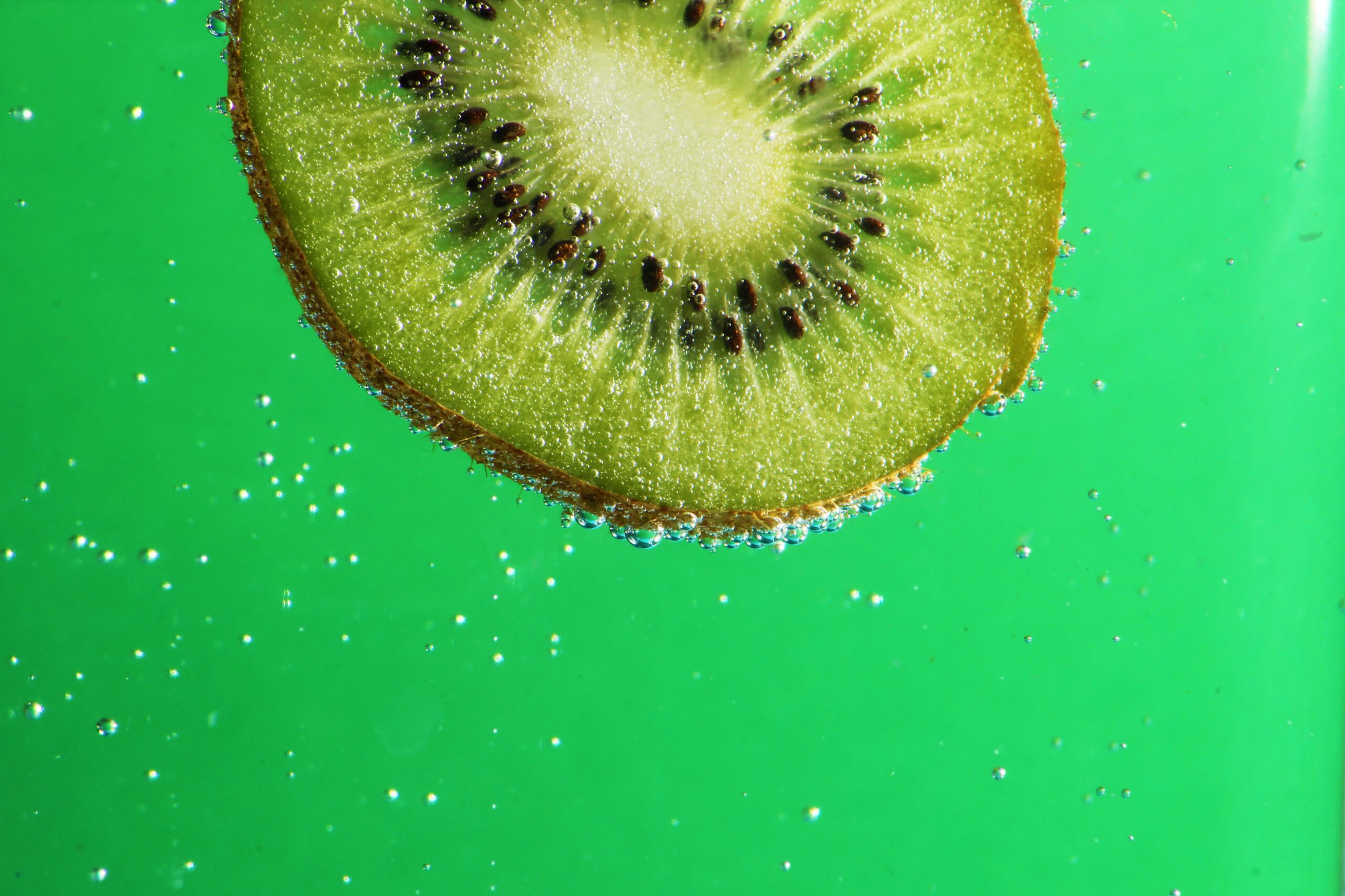High-Protein Breakfasts for Hair Health (Plus 8 Easy Ideas)
Protein is an essential macronutrient that plays numerous critical roles in the body from tissue synthesis to enzymatic processes. To put it plainly: we need protein to survive and thrive.
On top of that, it pays to know that our hair is actually made up of protein.
And, where do you think that we get the protein that we need to grow and maintain healthy hair? If you guessed the protein-rich foods in our diet, you’re right!
I typically recommend that clients include protein with each of their meals and that they also add a high-protein snack if they’re hungry.
As important as it is to eat protein throughout the day with each meal, one of the most important times to focus on your protein intake may be breakfast.
The Benefits of High-Protein Breakfasts
We know that protein is an essential macronutrient and that getting adequate protein through our diet can have a positive impact on our health.
The first benefit of a high-protein breakfast is that it makes it easier for us to meet our daily protein goals. If we are skipping meals like breakfast, it becomes less and less likely that we will be able to get enough to eat in terms of calories, but we’re also likely to fall short on our protein intake.
Could You Actually Be Eating Too Little?
The second key benefit of a high-protein breakfast is the positive impact it can have on our blood sugar. Protein with each of our meals can help keep our blood sugar levels more stable (read: better mood, consistent energy). A high-protein breakfast can help set the tone for the rest of the day and lead to better blood sugar control well beyond breakfast time.
The Importance of Balanced Blood Sugar
While we’re on the subject, maintaining balanced blood sugar levels is not only important for consistent energy, but it’s also a key way we can promote hormone balance. That’s because blood sugar imbalances that lead to higher insulin can increase levels of enzymes that produce hair-harming androgens like dihydrotestosterone (DHT).
Additionally, low blood sugar is a source of stress on our bodies. To understand why that is, it’s important to know that we need adequate blood sugar to survive. Low blood sugar (also called hypoglycemia) is life threatening, so it makes sense that our body would see that as a stressor as it works hard to correct the imbalance.
More than that, when our body is under chronic stress – whether that stress comes in the form of mental/emotional stress, sleep issues, hidden gut infections, or something else – it needs protein to recover. That’s because chronic stress raises our allostatic load which speeds up the rate of tissue breakdown and subsequently creates an increased demand for tissue-repairing protein.

How Much Protein Do I Need?
The burning question that many people have is “How much protein do I need to eat in a day?”. There are a lot of different factors that influence how much protein an individual needs so it’s important that you get a comprehensive nutrition assessment by a qualified professional before deciding how much protein to eat in a day.
While I cannot tell you how much protein you need to eat in a day, I will say that much of the information that I see estimating protein need tends to be too low. That’s because protein need is often calculated using a formula that was developed to prevent outright deficiency. However, this doesn’t necessarily capture an individual’s optimal (key word) protein intake and may not be enough to satisfy your body’s unique requirements.
Why It Can Sometimes Be Hard to Eat Enough Protein
Eating enough protein each day can sometimes be challenging. For people who are chronic dieters or have followed a restrictive diet for a number of years there can be a period of adjustment while they get used to eating more.
For some people, they struggle with low appetite which can make it difficult to get adequate protein because the desire to eat isn’t very strong. There are a number of different factors that can influence how hungry we feel but a common one that I see with clients is stress. Check out this article for more reasons you may be experiencing low appetite: 11 Causes of Decreased Appetite (And How It May Harm Your Hair)
Another common reason that I see some people struggle to eat enough protein is related digestive issues. It makes sense that if when we eat high-protein foods it makes our stomach feel unwell that we would be more hesitant to eat those foods again. What’s important to understand is that digestive issues like these are often symptoms of hidden problems with the gut like digestive insufficiency, malabsorption, and an imbalance in the microorganisms in the gut called gut dysbiosis.
Ready to explore the root causes of digestive issues and GI discomfort? Schedule an Introduction Consult with me today!

8 High-Protein Breakfast Ideas
We’ve already talked about the importance of protein – and more specifically, the benefits of a high-protein breakfast. So, let me share some meal ideas with you to get you started!
My goal when putting together these ideas was that they 1) taste great (obvs), 2) they’re pretty easy to make and 3) that they contain at least 30 grams of protein. Feel free to add in additional fruits or veggies to compliment these breakfasts or make substitutions to fit your specific dietary needs.
- Britt’s Protein Smoothie (50g protein per serving)
- Britt’s Protein Oatmeal (52g protein per serving)
- Vital Farms Pasture-Raised Eggs Bites Uncured Bacon & Cheddar Cheese (18g protein per serving) + Organic Coffee with 2 scoops Designs for Health Whole Body Collagen (22g protein)
- Birch Benders Paleo Pancake & Waffle Mix combined with 2 scoops Designs for Health Whole Body Collagen (15g protein per two pancakes) + MaraNatha Raw Maple Almond Butter (6g protein per serving) + 2 Vital Farms Organic Pasture-Raised Eggs (12g protein) + 2 Applegate Naturals Chicken & Apple Breakfast Sausage Patties (10g protein)
- Bacon & Veggie Loaded Egg Casserole (34g protein per serving)
- Bubba Burger Turkey (22g protein per serving) topped with avocado + Designs for Health PurePea protein shake (20g protein per serving)
- Healthy Egg Muffins (26g protein per serving) + Designs for Health PurePea protein shake (20g protein per serving)
- Breakfast Enchiladas (37g protein per serving) topped with 1/3 cup Siggi’s Plain Whole Milk Yogurt (9g protein) + hot sauce
(Note: Some links are affiliate links)



